Today is the anniversary of the Prince Edward MTR attacks. On August 31, 2019, police stormed the subway station without warning or provocation, trapping civilians within train cars, beating and pepper-spraying them as they begged for mercy. This brazen attack by police was aided by the MTR Corporation itself, which has to this day refused to reveal surveillance footage from the attack. It has served as a source of collective trauma and a vicious reminder of police unaccountability, corporate and government collusion, and most of all, how all Hongkongers are now vulnerable to the claws of the police state. One year later, the police and MTR have remained unaccountable for the brutal attack and its coverup.
As the Hong Kong government and police force now arrest victims and lawmakers that were subject to the police-sanctioned triad attacks in Yuen Long on 7.21, we recognize that this attempt to re-narrativize violence against protesters and civilians alike will similarly be used to further rewrite and subsume the history of 8.31. We forcefully reject this project. Instead, we present 11 articles from our archive that center the voice of Hongkongers themselves. These voices hold the government, police, and each other accountable in order to reaffirm that the people can and do tell their own history against the untruths of the state—a people’s history of revolt.
1. From sticky notes to graffiti: Voices from a decentralized movement
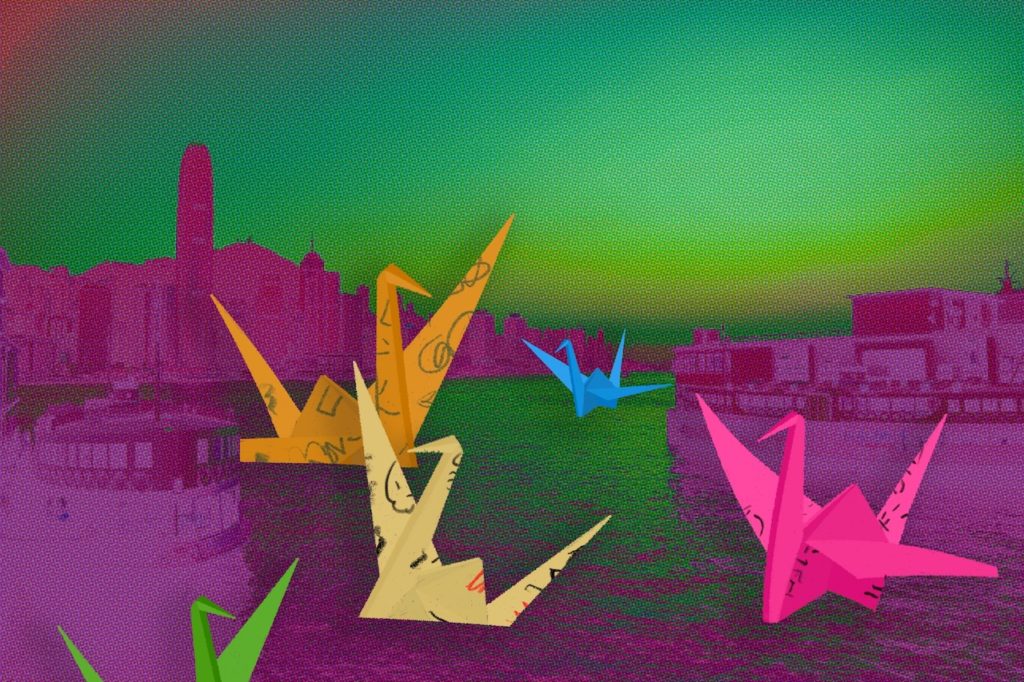
Many people have declared this a leaderless struggle—“no big platform (無大台)”—while others have described its organization as “open source”: the “big platform” still exists, but the role it plays is now different. These two perspectives may just be different ways to articulate the modes of decentralization in the movement. I would describe this decentralization as a student who opens many tabs on their browsers, jumping back and forth between different topics. The older generation may think they are not focused enough, but the fact is they have been able to do a lot more than us.
2. The Hong Kongers building a case against the police
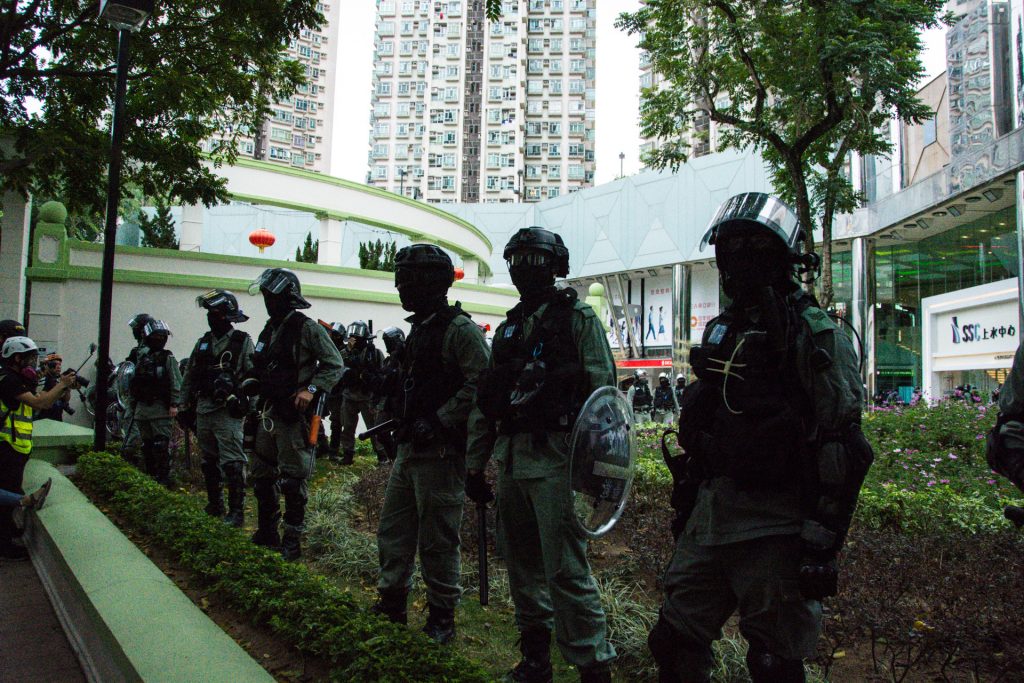
HKrev.info is a volunteer-run aggregator of news and protest schedules, which also archives news and ephemera related to what it calls the Hong Kong 2019 Democratic Movement. Since early October, it has also hosted the police misconduct database. The database began after the assault by triad-connected mobs on July 21. Chronicler believes that the database presents these events “in a way that strives to show the full picture of each and every incident,” and that perusing the extensive database will also show foreign observers “why the protesters have to [escalate] their offensive and defensive capabilities as a means to protect themselves and those around them.”
3. Asylum seekers and migrant workers speak up about horrific conditions in Hong Kong immigration detention
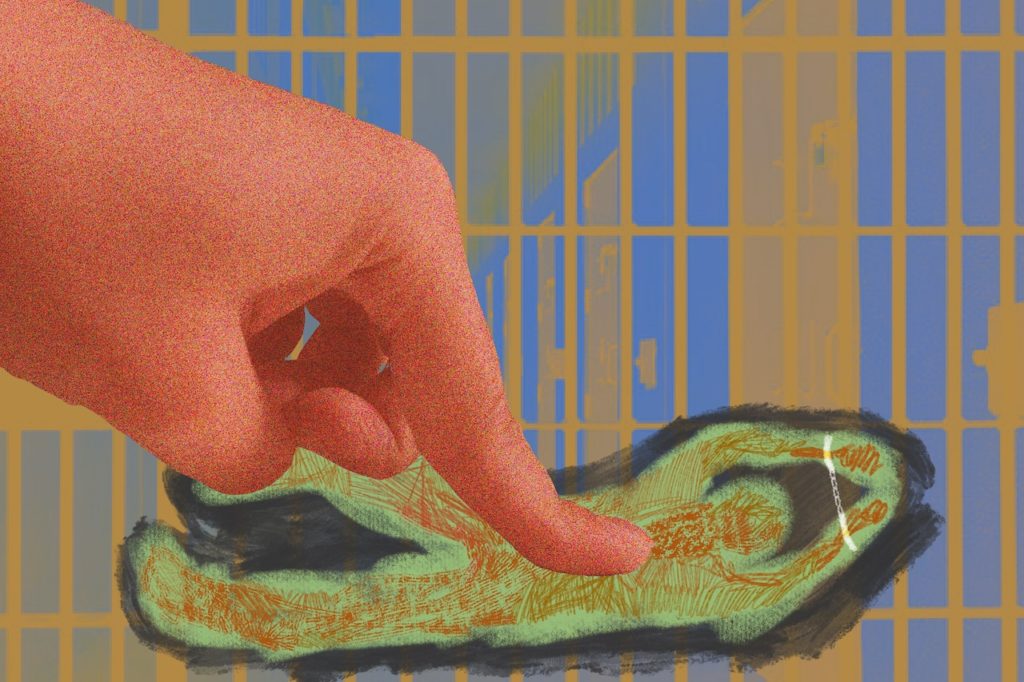
After listening to the experiences of ex-detainees, the CIC Concern Group and several lawmakers sent a letter to the Hong Kong Immigration Department demanding an explanation for the CIC’s inhumane treatment of detainees. But these concerns were brushed aside when the Immigration Department retorted that detainees’ treatment was “just and appropriate.” While S has no expectation that the Immigration Department can even reform the detention center given how much power they wield, she hopes to raise awareness around detainees’ confinement conditions as a way to increase public pressure and provoke change.
4. What Black Lives Matter tells us about racism and violent policing in Hong Kong
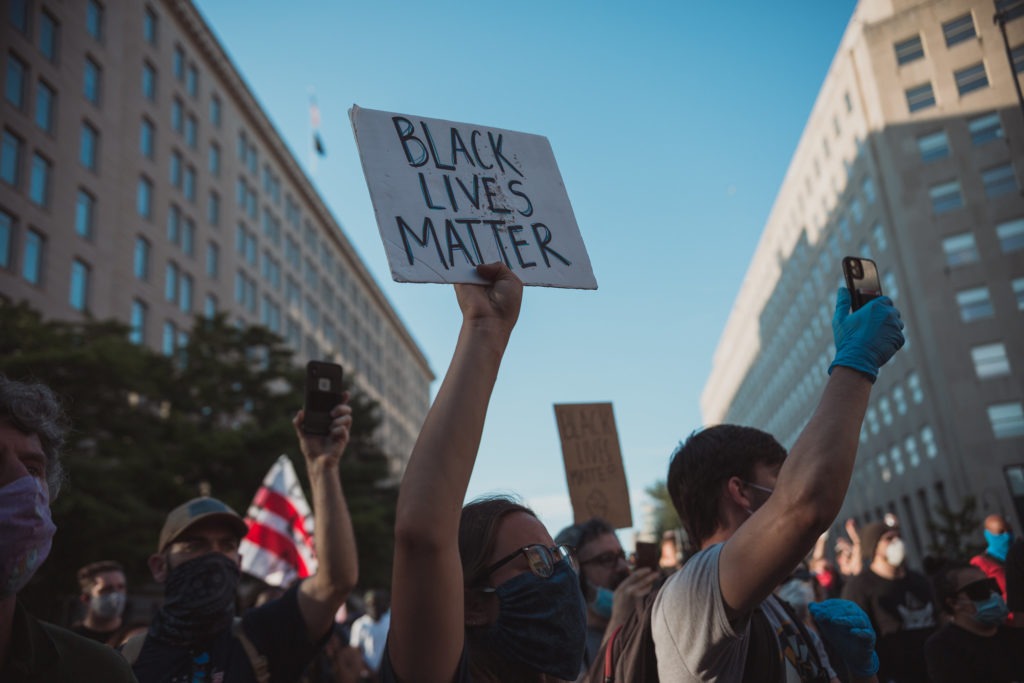
While many consider Hong Kong to be an “international cosmopolitan city”, it is ultimately a Han Chinese dominated society whose cultural practices and institutions have normalized the invisibility of ethnic minorities and rendered structural racism a political non-issue. To truly understand how racism operates in Hong Kong, the first step Hongkongers must take is to confront the relationship between racism and policing unflinchingly.
5. ‘Who do you call when the police murder?’ A new international front
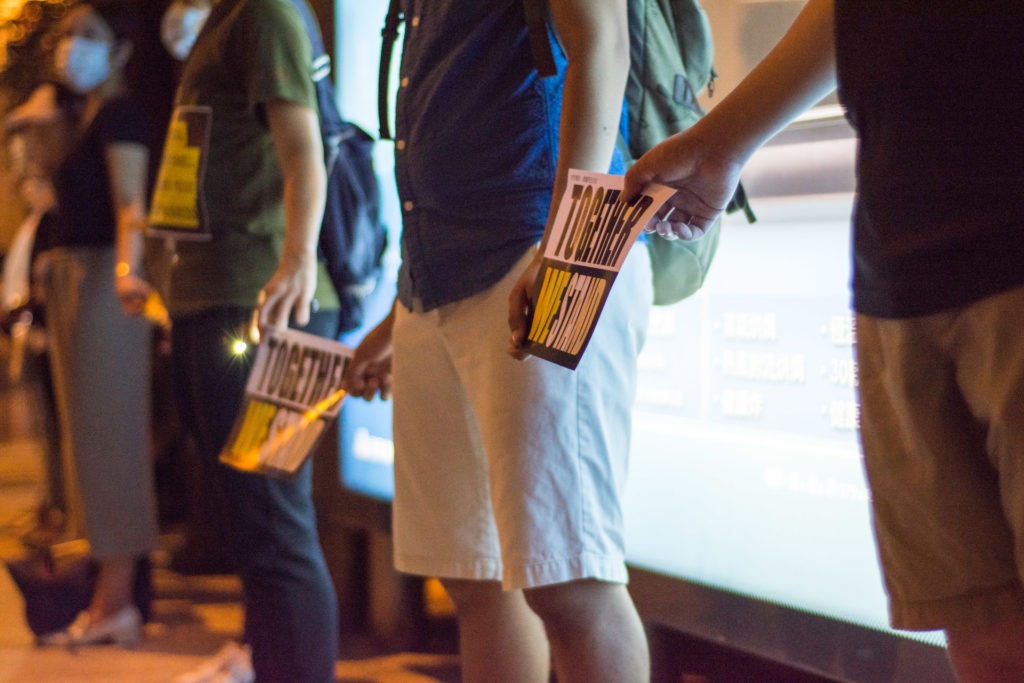
To be honest, shouldn’t it be difficult for Hongkongers to support Trump’s speech after witnessing the current wave of protests in the U.S. against racist policing? Perhaps we need to carefully consider what we stand to lose if we rely on the Trump administration. I think the moment is ripe for us to finally cultivate a genuine international front for the movement. I don’t know whether it would make more sense for us to, say, write a letter to incarcerated allies abroad, rather than sign yet another White House petition. What I am sure of is that Hong Kong’s movement can only prevail if we join hands with all oppressed people around the world.
6. In pictures: looking back at one year of protest in Hong Kong
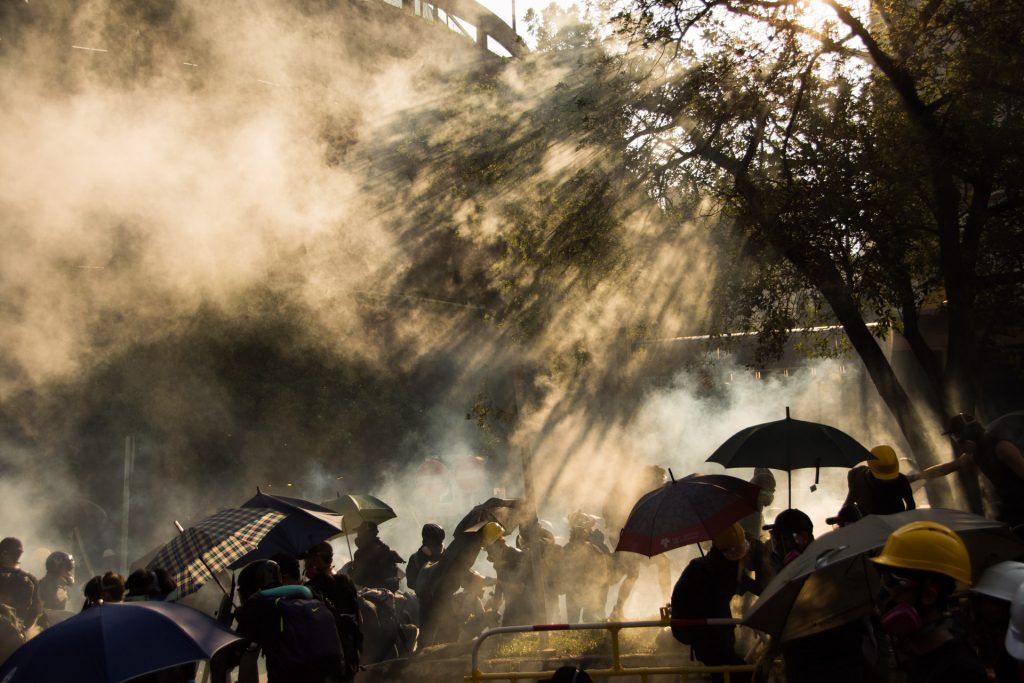
Some time around September (two months after the storming of LegCo, three months since the first clashes with police, a good half year since the anti-extradition campaigns started in earnest) it finally sinks in that this would be the new normal. By now, I’ve been out shooting at all hours of the day, from the ungodly morning hours to humid late evenings. With my fellow journalists who have been on the streets, weekend after weekend, month after month, it’s more accurate to say we’ve fine-tuned our days to the routine of the city; a timely rhythm to march to, from the start of the rallies in the afternoon to the last volleys of teargas in the evening.
7. This is not ‘restoration’
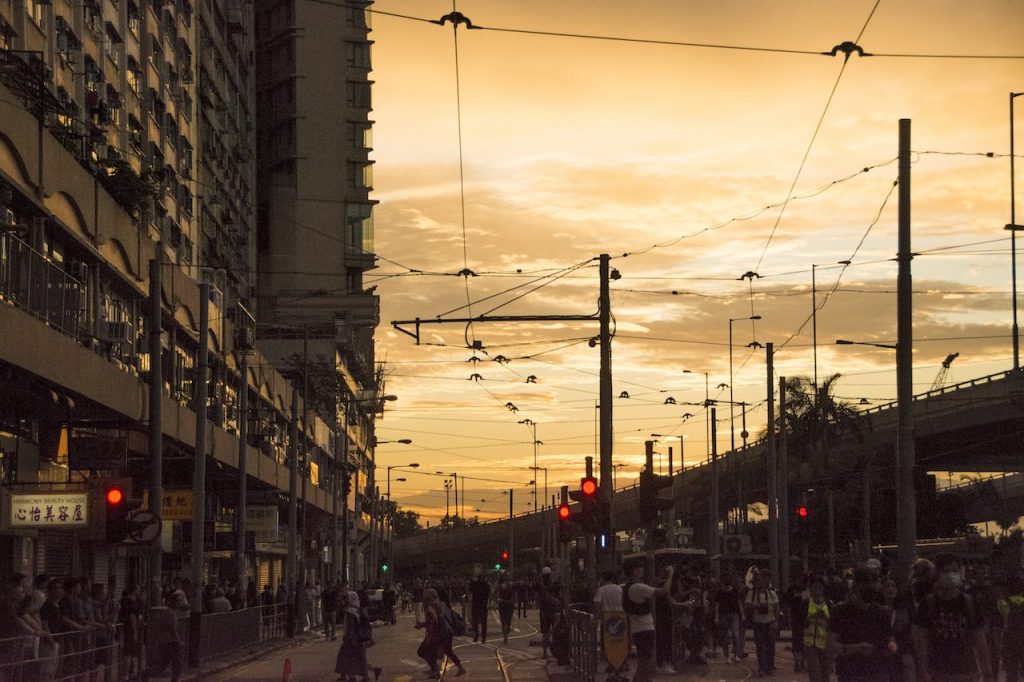
I am willing to bear the tear gas, pepper spray, and baton beatings with you all—but I cannot utter the words “Restore Hong Kong.” Hong Kong has never belonged to Hongkongers; what we must do is to build a Hong Kong that belongs to the people. This ideal does not have to fall back on a fantastical vision of the past. And that is something to be proud of. This is not “restoration”; but a whole new era.
8. Revolutionizing our times
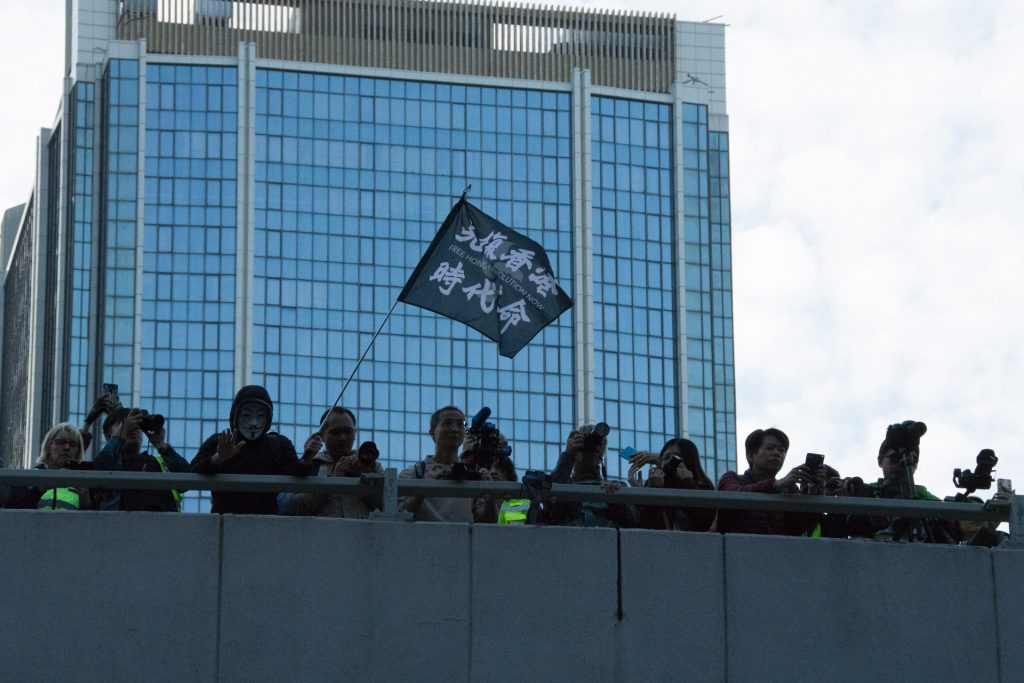
This so-called “revolution of our times” is our recognition of Hong Kong’s sinking, the evils of our times, and so we must stand up to rescue ourselves. We do not only need a revolution of our government, a revolution of our institutions, a revolution of our society, a revolution of our relationships, a revolution of our culture: our first step must be a revolution of ourselves. We must ruthlessly tell ourselves: you have been lied to all your life, and the radio, the television, and textbooks are lies given to you by our times. Please tear away the canvas and confront the darkness of our times.
9. Sex workers discuss ‘Restore Tuen Mun’
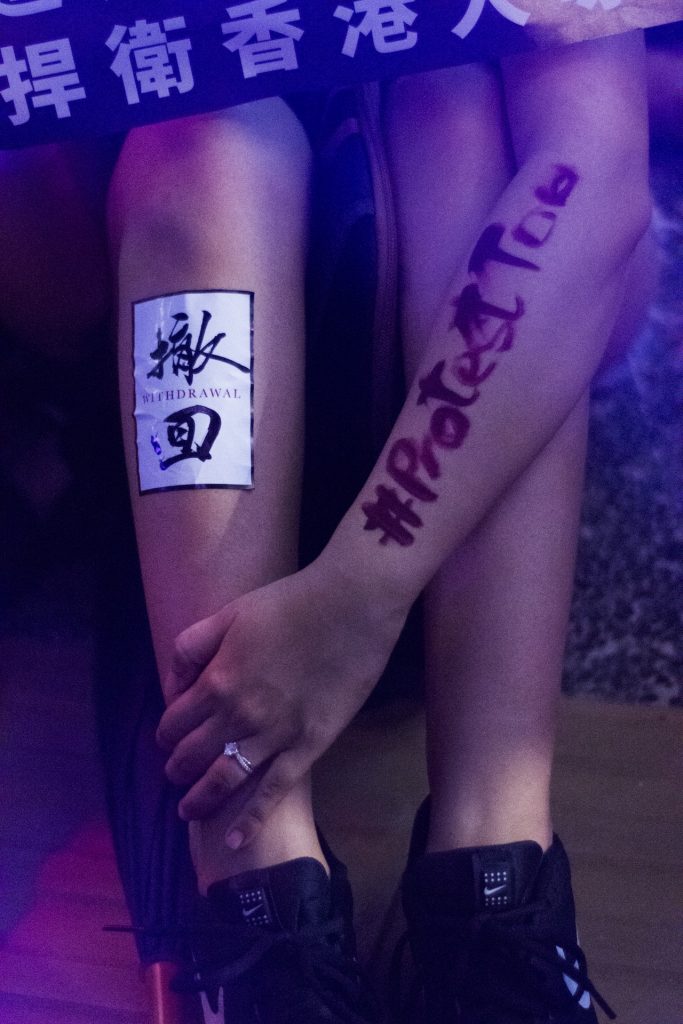
In the past two days of anti-extradition protest actions, we—a group of sex workers, allies, and clients and others from the “poultry world”—have joined the collective fight against police authority. We hope that protesters will stop hurling verbal abuse against sex workers. In the anti-extradition protests, protesters should recognize that sex workers are your comrades in opposing police power.
10. Joint letter: Hong Kong housewives against the extradition bill
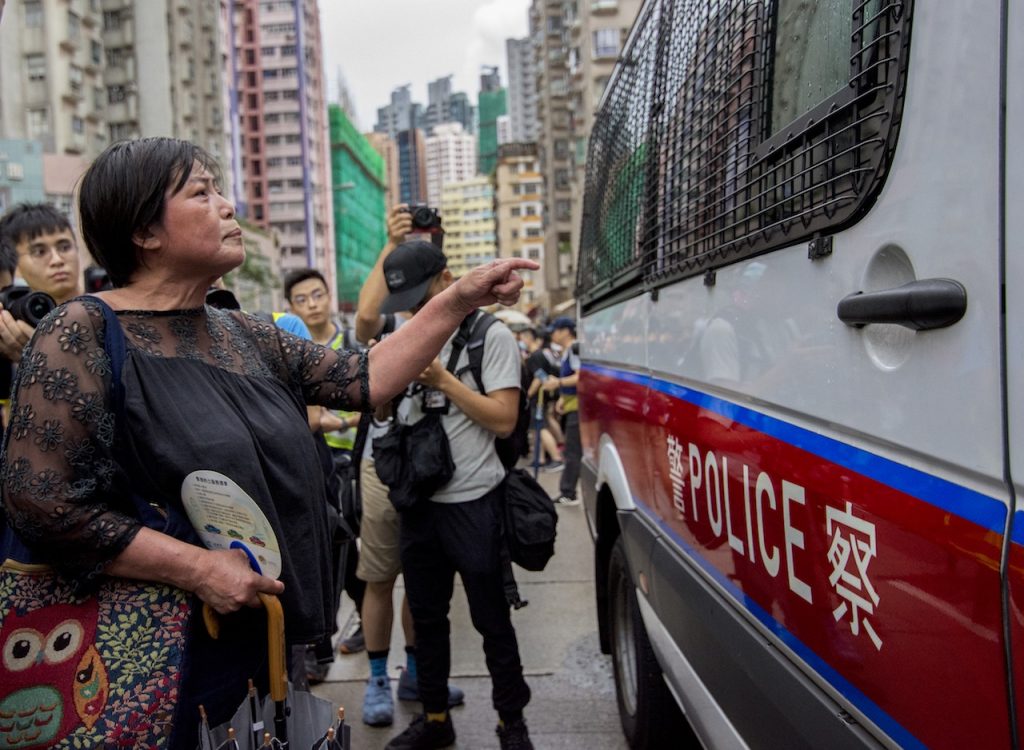
Maybe we might end up having to take care of our households and can’t make it to the protest on June 9. But, we are certainly against unjust amendments to the law, against the extradition bill. Housewives of all types — full-time, part-time, disabled, elderly, single, newly immigrated, of other ethnicities, of any class status that still needs to take care of the elderly, young, and disabled — we must all be in solidarity with each other and support each other whatever way we can. If the authoritarian regime continues to stubbornly persist in its wrongful ways, then housewives will strike, and tyranny must fall.
11. I went to eat at three ‘Hongkongers Only’ restaurants
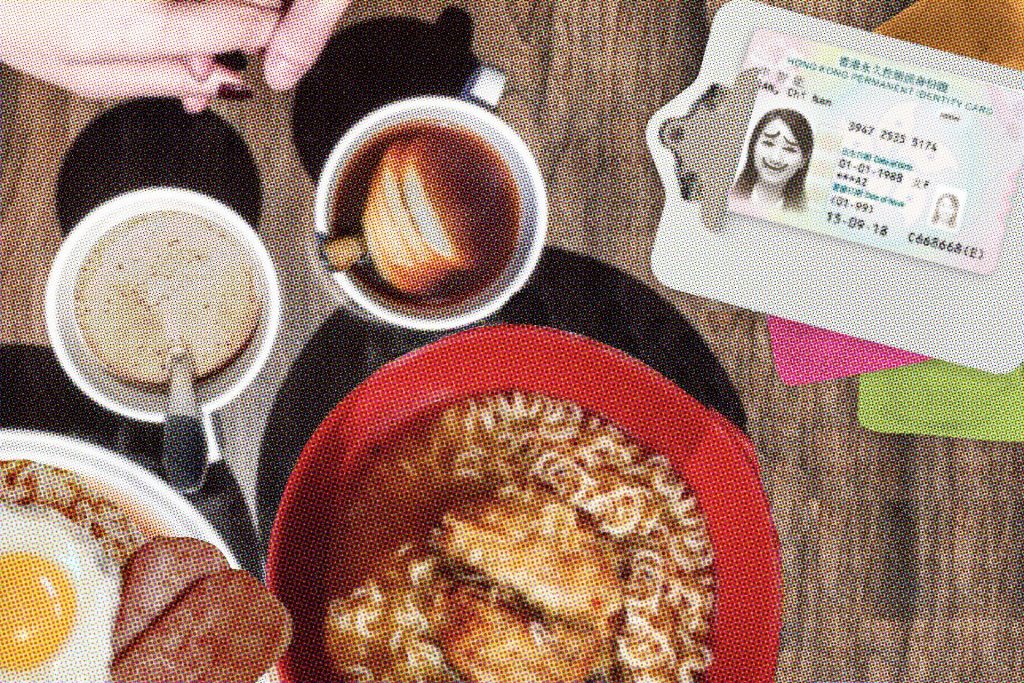
Have we gotten to a point where businesses hand-pick their customers and proudly declare that they “have absolute power to refuse to welcome anyone”? Even if we set aside the legal issues, what criteria should one follow when one selects which customers to serve? If I have contracted the coronavirus but am born and raised in Hong Kong, can I eat at the restaurant? What about Hongkongers who have just visited Wuhan? What if family members that I live with have recently been in the affected area? What about foreign tourists, do they have to fill out a health declaration form before they can enter the premises?



